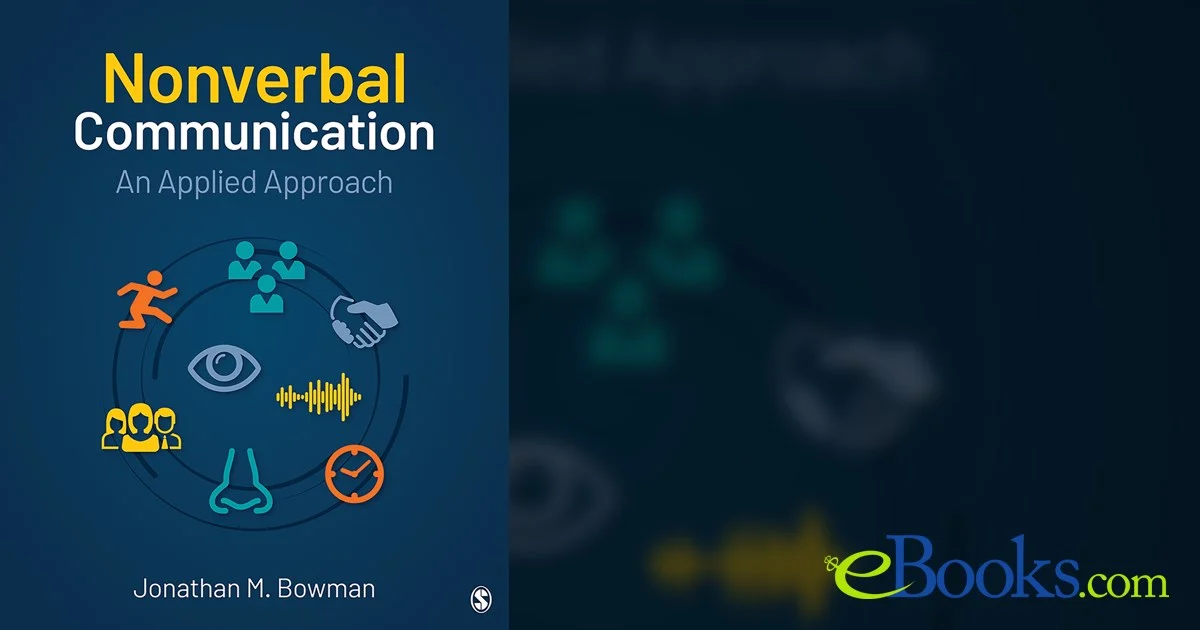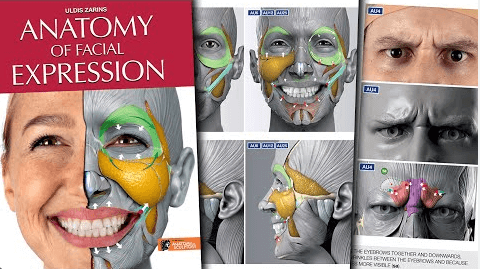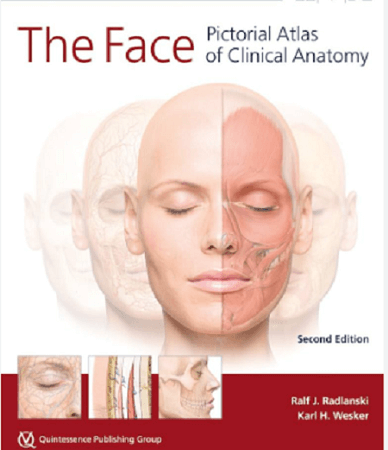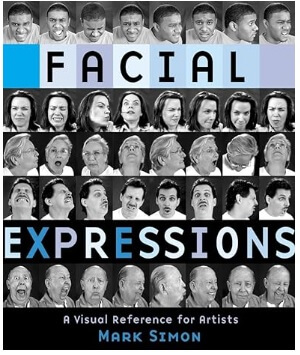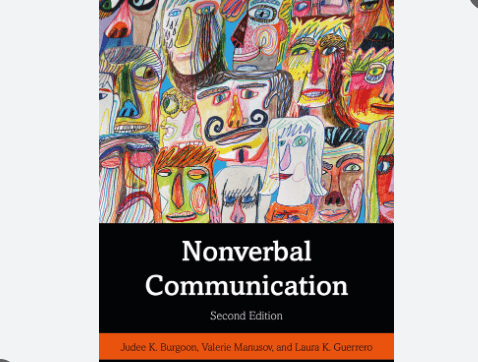Perspicuity

- File photo | Credit Wikipedia
Perspicuity: An Enabler of Clarity and Emphasis
In Rhetoric Opens in new window, Perspicuity is the use of words, phrasesOpens in new window, and sentences Opens in new window, as will convey our ideas to others clearly and emphatically.
It will immediately appear that this is the principal quality of style Opens in new window as it implies that the expressions used, be such as to clearly convey the true meaning of the writer—for which reason it has been first stated; for, unless we make ourselves distinctly understood, all our energy is useless, and the general appropriateness of our language, and the adaptation of manner, to the occasion and to the persons addressed, will be unavailing.
To be understood is our first aim. And yet, although perspicuity is thus of primary importance, it will be readily perceived that it is entirely relative. That which is perfectly intelligible to some is jargon to others.
Should it always be particularly sought?
The writer may consider for whom he is writing. If for profound scholars, he need not express his thought more than once, and that in as few words as possible, and may use illustrations and allusionsOpens in new window which to other minds would be unintelligible. If he is writing for people unfamiliar with the topic presented, he may repeat his thoughts in new words and with new illustrations, till he is sure that it is understood.
It is a characteristic of the style of the best advocates and pleaders before juries, that they dwell upon and repeat their thoughts till they are sure of having made an impression. Tediousness is however to be avoided. Great care will be requisite to hit the happy medium between too great brevity and too great diffuseness
Pre–requisite to achieve perspicuity
It is an infallible pre–requisite to perspicuity, that a man should thoroughly understand and clearly perceive what he is trying to state. Muddy thoughts naturally employ uncertain words. Therefore the profoundest thinkers, the best speakers, the ablest writers, are generally perspicuous.
A writer may often improve his style in this respect by reading his productions to others, and carefully noting the expressions which are misinterpreted or not understood, also by reading his own products a long time after they were written, and by noting what appears to himself obscure.
“The greatest thinkers and writers the world has yet seen have not been obscure; they may give some trouble sometimes, but their meaning for the most part is plain enough, and, with a little extra diligence, even their difficult passages become so”
— (Rev. Henry Roger’s Greyson Letters, p. 571).
Perspicuity violated sometimes by Parentheses
Perspicuity is often violated by the too frequent use of parenthetical clauses or sentences, which, by diverting the attention from the main point in view, confuse and befog the hearer.
Even some of the most elegant writers in the language err in this respect, arising from the fact, undoubtedly, that their productions were intended to be read, and not to be spoken. The following sentence from Thomas De QuinceyOpens in new window, whose style has been much commended by some, is an example:
“The fact really was, that the human intellect had been for some time outgrowing its foul religions; clamorously it began to demand some change; but how little it was able to effect that change for itself, is evident from no example more than that of Plato; for he, while dismissing as fables some of the grosser monstrosities which the pagan Pantheon offered, loaded in effect that deity, whom he made a concurrent party to his own schemes for man, with vile qualities quite as degrading as any which he removed; and in effect so much the worse, as regarded the result, because, wanting the childish monstrosities of the mythologic legends, they had no benefit from any allegoric interpretations in the background.”
Unity Defined
The unity of a sentence is violated in long, complicated, and confused paragraphs. Such a style is not adapted to public speaking, or to be understood from the utterance.
One can only comprehend it with the book before him, allowing him frequently to review what he has read. Unity requires that a sentence should have a leading subject, around which all the subordinate parts naturally cluster, and the predicateOpens in new window should clearly belong to the leading subject alone. If this is violated, a sentence becomes a mob without a leader, instead of an army in a stately march.
Still too much regard must not be paid to this at all times, or the sentences will have an appearance of uniformness and stiffness.
Perspicuity may be Intentionally Violated
It has been taken for granted, in the recommendation of perspicuity, that the object of the author is to convey information; if he has another object, his style must be adapted to accomplish his purpose.
He may intend to conceal thought, or simply to pass away time, or to excite feeling, or to suggest more than he says, or to astonish by a strange use of language; and in such productions perspicuity may be of no value, and may be even a blemish. This thought naturally suggests another element of a good style.
















